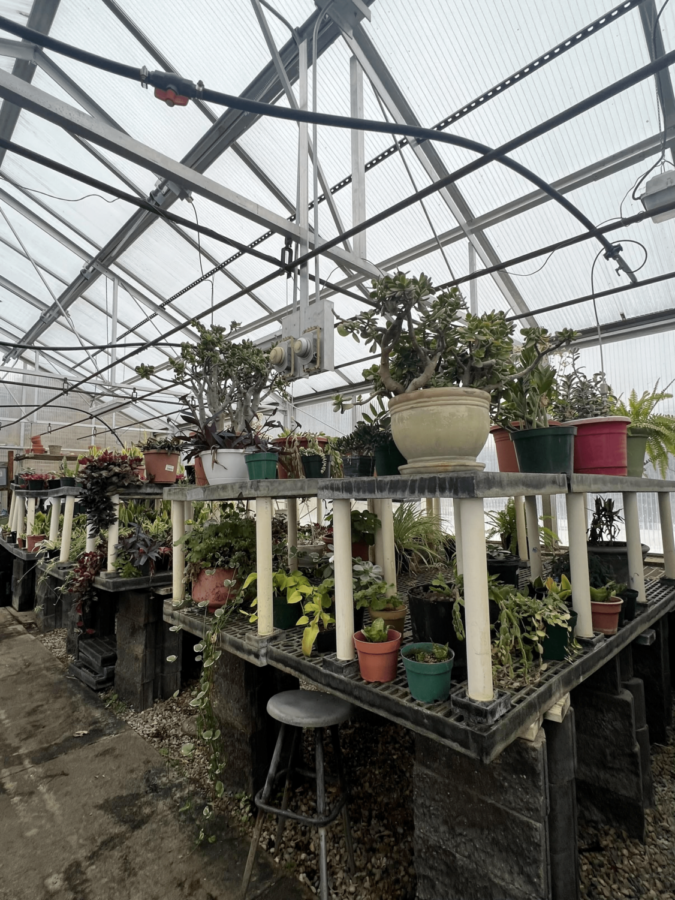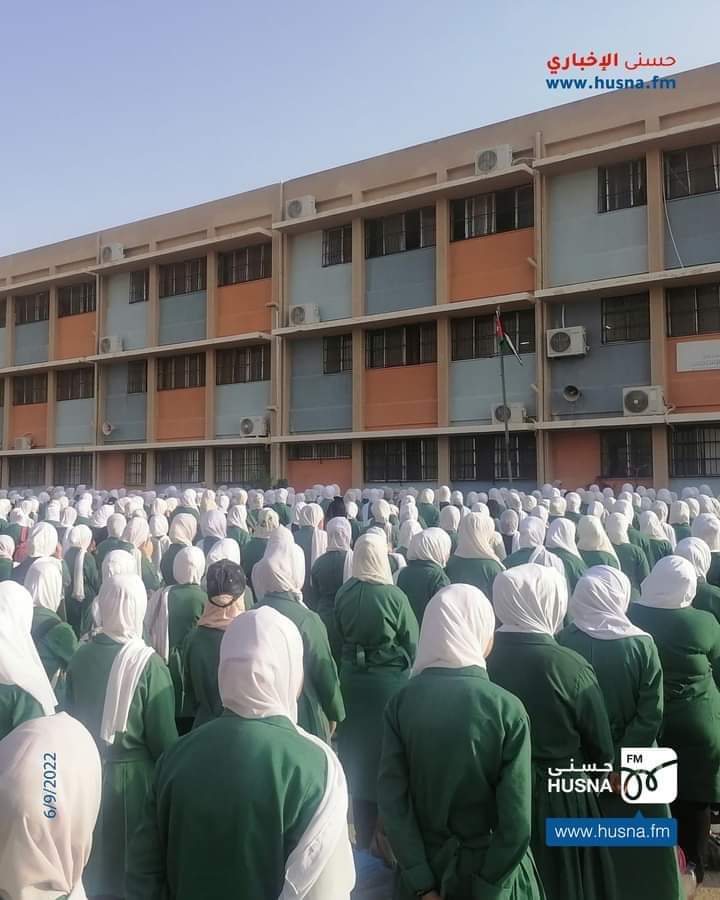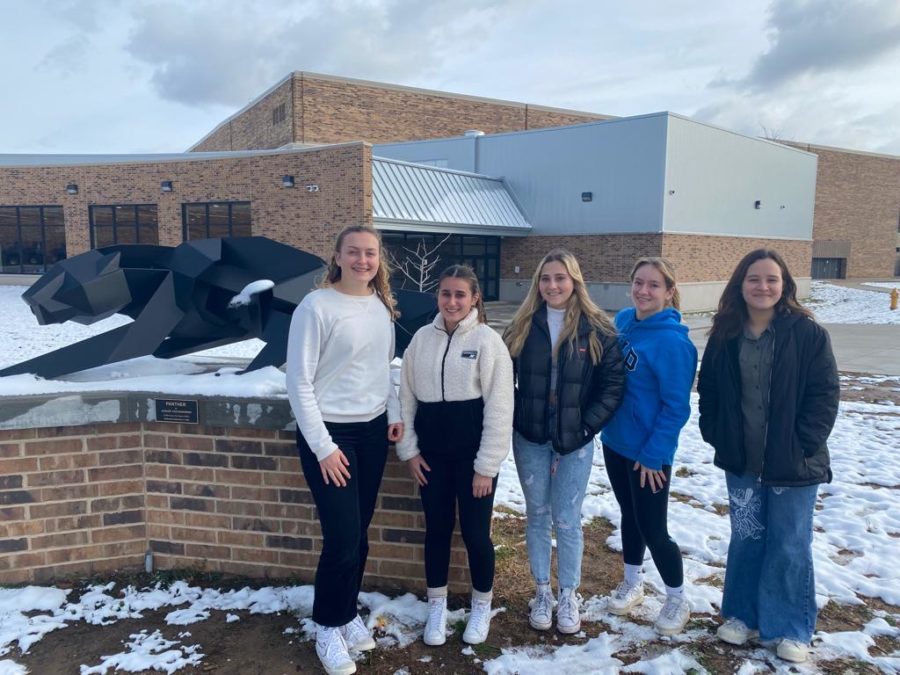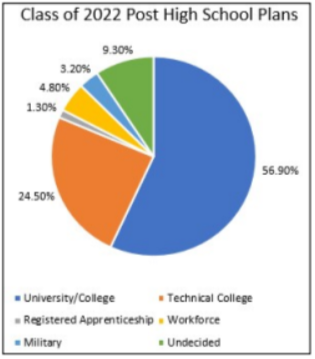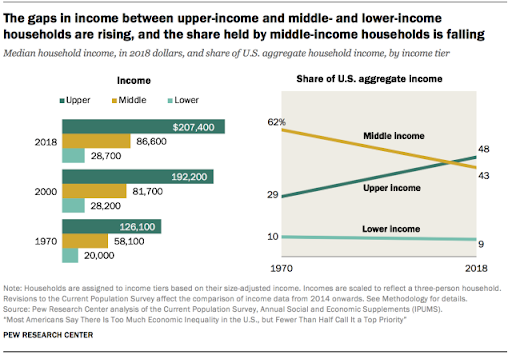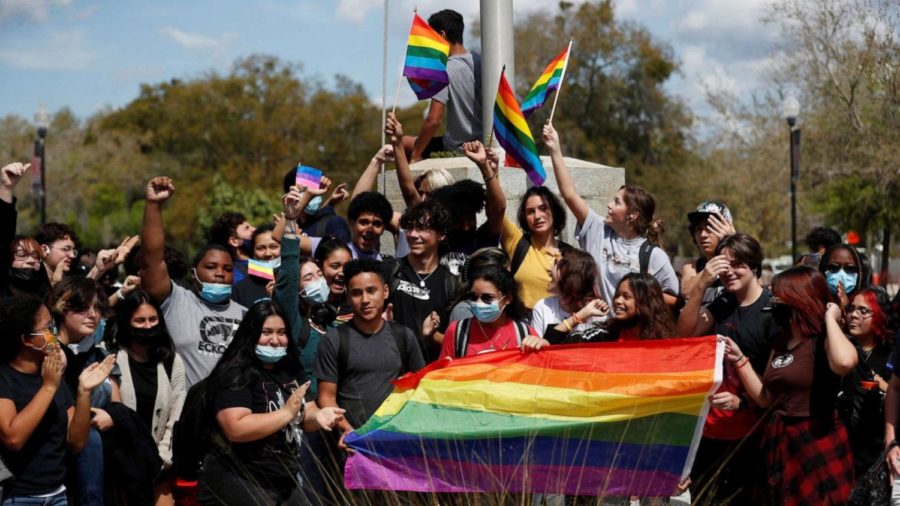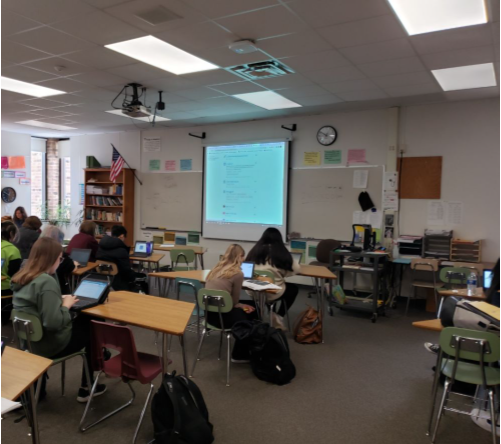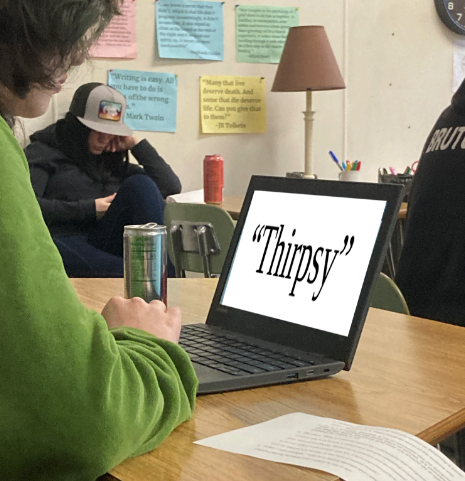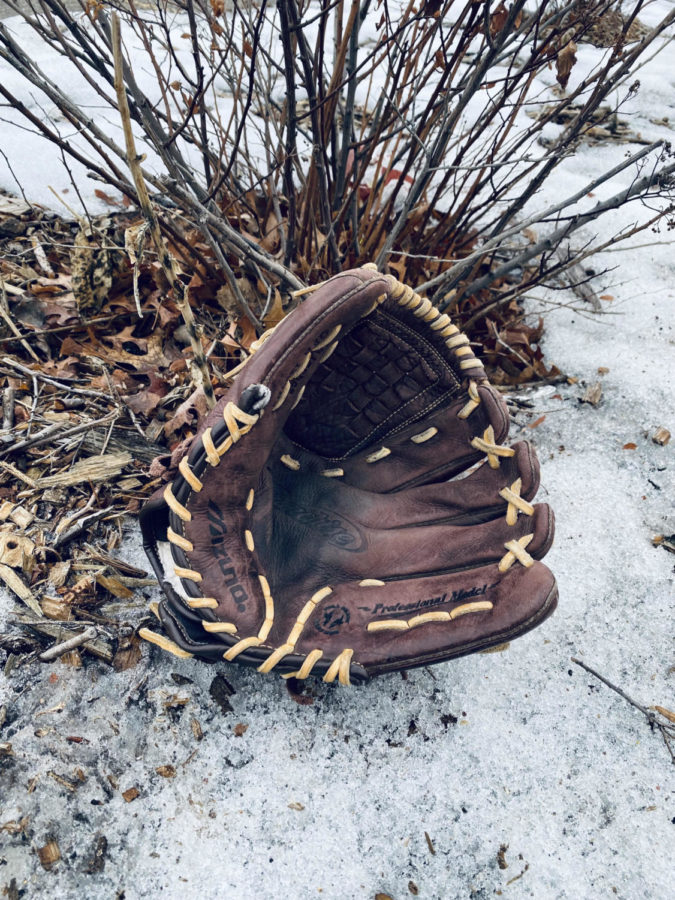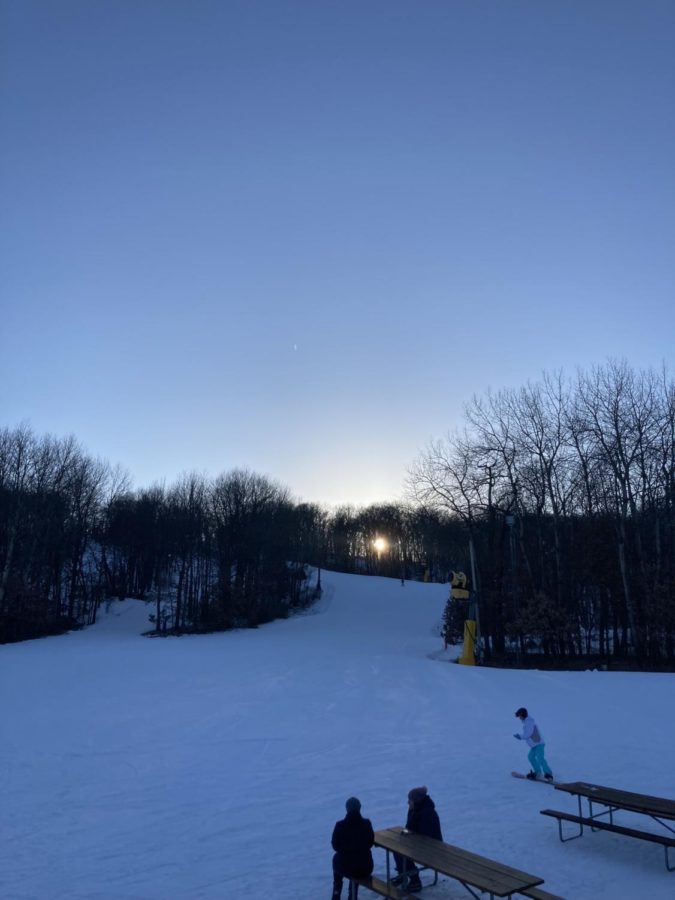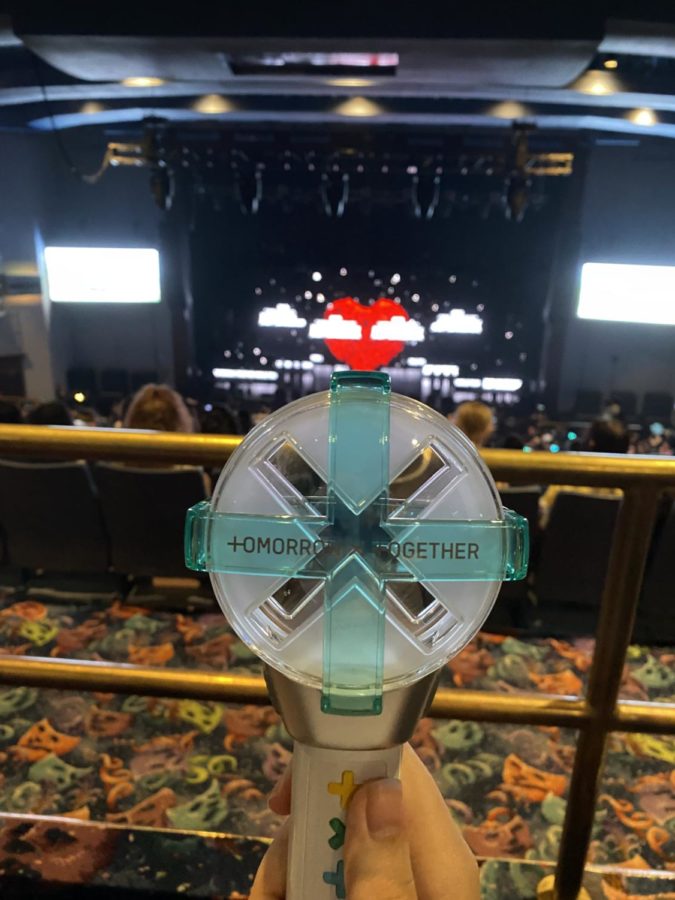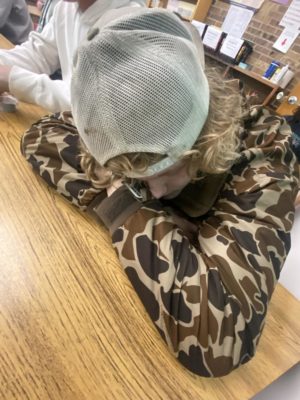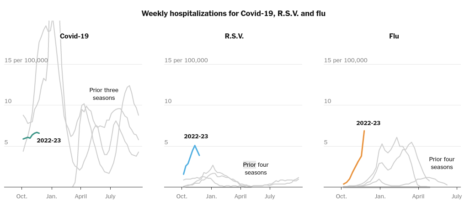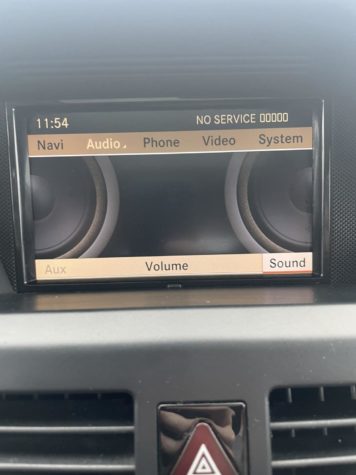The Nagorno Karabakh Conflict: How 2020 Got Even Worse
January 19, 2021
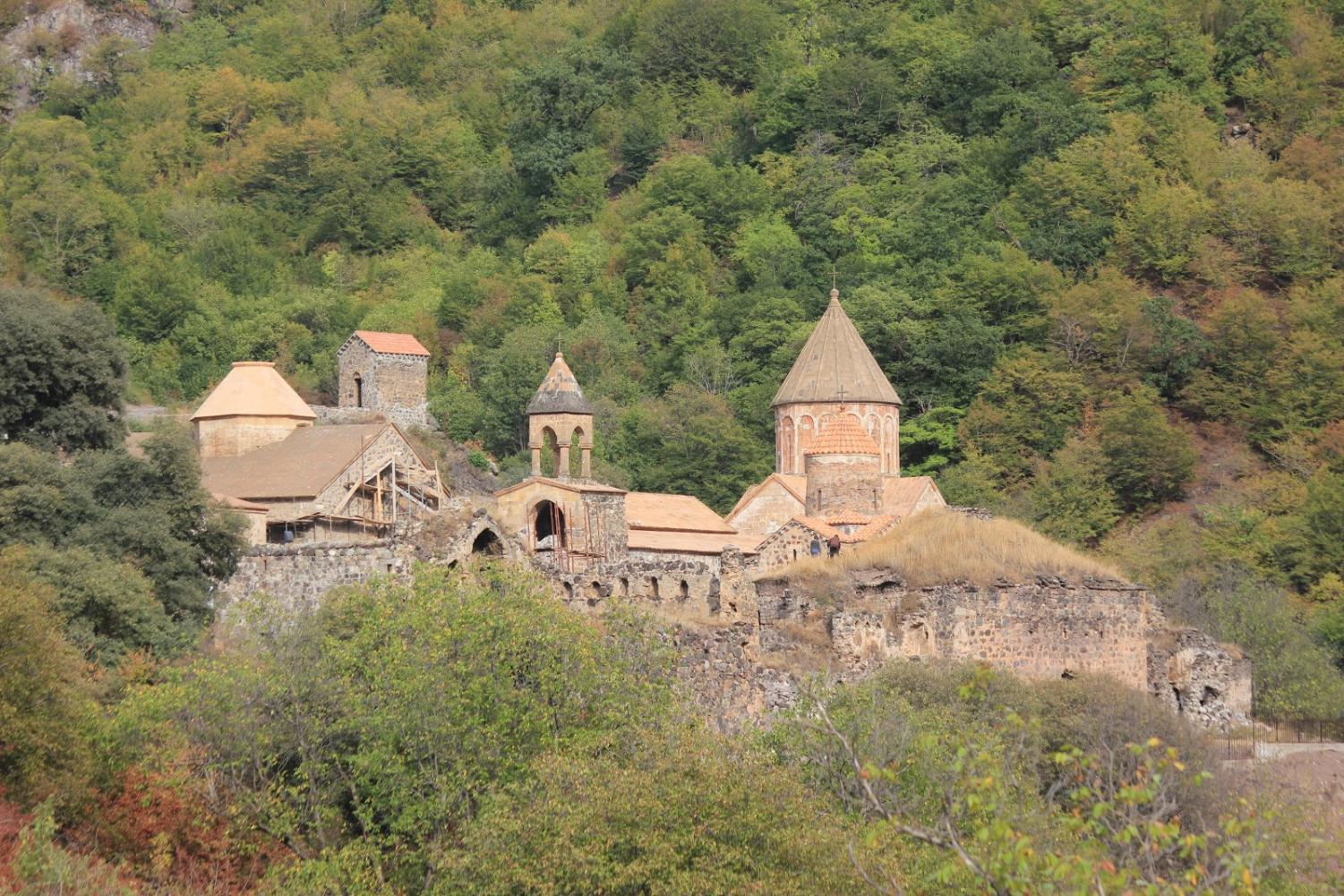
As if 2020 couldn’t get any worse, people in Armenia and Azerbaijan (countries in the Caucasus Mountains near Georgia, the country, Turkey, and Russia) found their 2020 getting that way. This happened because of an intractable ethnic conflict resurging. Although it came to a ceasefire on November 5th, the several week long conflict took thousands of lives and has caused some truly horrific war crimes.
But what is this conflict? And why did it start up again? Well, Nagorno Karabakh is a mostly (over 90%) ethnically Armenian region in Azerbaijan. In the past, it’s been the cause of conflict between Armenia and Azerbaijan. The region is self-governing (somewhat) and has considered becoming independent or joining Armenia on more than one occasion. This area became the subject of additional violence this year when Azerbaijan, according to multiple experts, probably started this iteration of the long-going conflict that has been an active hotspot since the 1990’s. In six weeks, thousands were killed in brutal bombings, shellings, and attacks. This includes innocent civilians.
However, Armenia and Azerbaijan experienced some of the worst fighting this conflict had since its outset, as reported by Andrew Kramer of the New York Times. The conflict also expanded, drawing in Russia for Armenia and Turkey for Azerbaijan. These two nations that just got involved are very powerful militarily.
Another key element of this conflict is the fact that Muslim Turkey went to support Muslim Azerbaijan. In WWI, Turkey committed a genocide against Armenians in its territory, resulting in the death of hundreds of thousands of predominantly Christian people. This creates a negative history between Armenia and Turkey, as well as Azerbaijan, which is Muslim with Turkish support, according to the New York Times. It also gives Armenia a reason to fight, as you’ll see later.
For more information, I intervieweded the Nagorno Karabakh Republic (the autonomous area’s official name) office in the USA for additional context. I had attempted to contact Armenia and Azerbaijan for responses, but Nagorno Karabakh was the only respondee. One warning: What you will read is heavily biased and does not once acknowledge the wrongdoings of Armenia. (Which are numerous.) The interviewee is a party to this war. There’s no true, unbiased alternative to doing your own research.
Firstly, there’s always the possibility this conflict (a war) will start up again. After all, it did this year in full form and only grew in scope, with Turkey and Russia going on to provide military support in the form of weapons, tanks, jets, and even bombs.
Russia had also deployed peacekeepers, as corroborated by the interviewee. The Representative said Azerbaijan “…continues provocations, including capturing civilians, subversive attacks, maximalist statements, etc. … Considering the open aggressive stance of Azerbaijan and Turkey, we have to be ready for possible renewed escalation.” So it is obvious that there is a fear of more conflict. The Representative seems to think conflict could open up again. And the response would indicate that there is a tense standoff, by stating Artsakh (another name for the Nagorno Karabakh Republic) has to be ready.
Another important change was the Russian peacekeepers. Was it a good thing Russian peacekeepers had moved in and did Nagorno Karabakh welcome this move? Russia could very well be using the conflict to expand its influence as it has done in several breakaway states using peacekeepers or overt military force. (Including Transnistria, Crimea, South Ossetia, Abkhazia, and now Nagorno Karabakh, if you’re interested. Look up the South Ossetia conflict, the Crimea conflict, and the Transnistria conflict for more context.)
There is a reason peacekeepers were able to move in that must be remembered. Russia, Azerbaijan, and Armenia signed a cessation agreement (agreement to stop fighting) on November 10, 2020. The representative stated that it “… allowed cessation of active hostilities and open opportunities for a more comprehensive political settlement of the Karabakh-Azerbaijan conflict.” Note what they called the conflict. This is usually called the “Nagorno-Karabakh War”. Naming Azerbaijan specifically is very biased. Given that this is all that was said, acknowledging the peacekeepers were there and that it would help settle things, Russia quite possibly is doing what it needs to do to expand influence. Russia also gets an exclusive corridor to guard. Turkey, in turn, did not get to use peacekeepers, which allows Russia to maintain a continued presence in the area. (Including on some cultural sites.)
But did the peace deal favor Nagorno Karabakh as much as it should have? (Not my opinion, just to gauge the response.) Was the peace deal satisfactory? Was there something missing in the Representative’s eyes?
The interviewee did mention International terrorist groups (I think referencing the mercenaries from Syria) but that’s a bit beyond the scope of the article. The representative did tell me the “…current situation reflects the outcome of the aggression by Azerbaijan, Turkey and International terrorist groups against Artsakh.” The interviewee went on to state more. This included: “The situation cannot be satisfying… the aggression claimed thousands of lives, tens of thousands of Artsakhtsis had to flee from their homes…” and that Armenian cultural items and sites dating back millenia are under “threat of annihilation or vandalism”.
This is true, many cultural sites have been destroyed, taken, bombed, etc. That wasn’t just perpetrated by Azerbaijan, though. Azerbaijan says lots of mosques have been destroyed by the fighting, reports the New York Times. And thousands of people did die. In a conflict under two months long.
Lastly, it seemed pertinent to ask the Representative what started the war. Objectively, although complicated, there is an answer. But because of the obvious biases, it seemed as though the answer would be different, as they had been thus far.
I know this answer is obvious, but the Representative left by far the longest answers here. The Representative started “The war against Artsakh started on September 27, 2020 by the Azerbaijani army, supported by Turkey and Syrian mercenaries…”
The Representative mentioned that because mercenaries with “advanced training” were present, that this attack was “premediated [premeditated]… launched by Turkey and Azerbaijan.” Or rather, that it adds further evidence.
The representative went on to mention that Azerbaijani authorities “…attacked Armenian parties and the process of peaceful settlement of the Azerbaijan-Karabakh [Nagorno-Karabakh ] conflict, as well as overt threats to use force against the Republic of Artsakh…” So basically, Azerbaijani authorities threatened violence and not to conduct OSCE (Organization for Security and Co-operation in Europe) monitoring of the Line of Contact on October 1st. The representative also adds that by international law, Azerbaijan is responsible for the “crime of aggression”.
Again, never having stated Armenian war crimes. And there were lots. However, the interviewee didn’t fail to mention the Syrian mercenaries from earlier, which, according to Time, there’s evidence of in the conflict. What the interviewee also didn’t mention is the fact that someone who spoke Armenian was filmed committing at least one murder of an Azeri border patrol person by stabbing the gagged and bound man in the throat. (But not that the question was going to lead in that direction.)
Also note that Armenia used or supplied cluster bombs, partially responsible for killing 21 or more civilians in an attack on the Azeri city of Barda. The bombs used were “internationally banned” as stated by Human Rights Watch.
Although Azerbaijan isn’t guilt-free. They did, after all, use mercenaries, despite signing a convention stating they weren’t allowed to do so.
“Members of the military on both sides have behaved horrendously, displaying a complete disregard for the rules of war,” said an Amnesty International researcher. For its part, Human Rights Watch reported that Azerbaijan also used banned cluster bombs in residential areas of Nagorno Karabakh. So no side is really guilt-free. Although in the Representative’s defense, my questions weren’t going to lead to a conversation about war crimes.
Thankfully, there was a more positive statement at the end. “All conflicts eventually end with peace, so it is important to use all opportunities for a sustainable and positive peace.”
And hopefully, a sustainable peace can be found.






